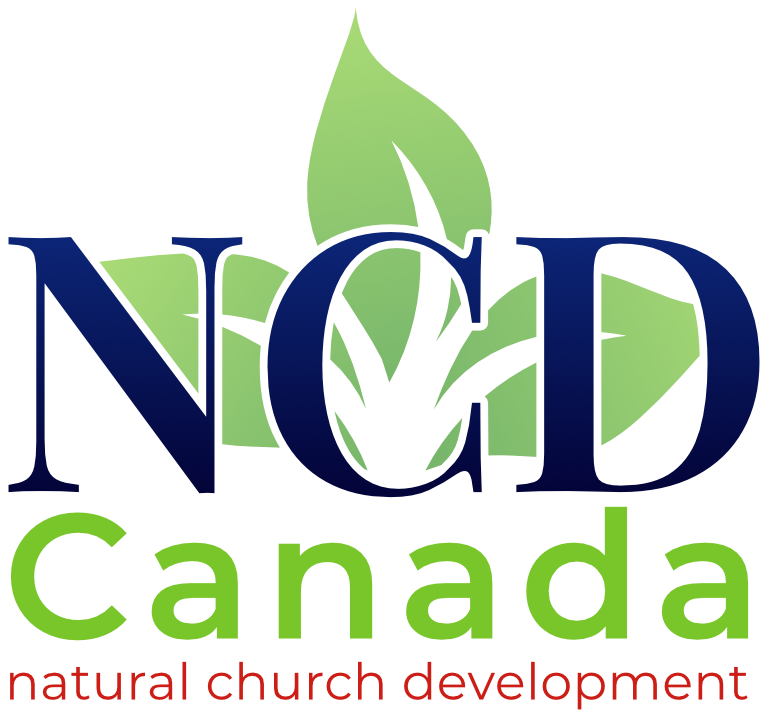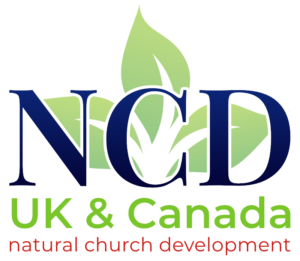YOUR CART

Barrhead Case Study
Bill Bickle
- ,
- , Faith
This blog post describes a church that worked through health issues and planning with the support of Fordelm Inc., Natural Church Development (NCD), and FaithCARE (Restorative Practice).
Not a very healthy congregation:
I first met the Barrhead leadership team when they conducted a Natural Church Development (NCD) Church Survey in mid-2018. The inevitable conflicts about decline, their building and their place in the greater Barrhead community were brewing, but the possible sale of the building was poised to cause the most harm to the congregation’s health, perhaps even its continuing existence. The results of the survey demonstrated that the Quality Characteristic Passionate Spirituality was their minimum factor, and required the most immediate attention. The congregation’s highest-scoring Quality Characteristic was Holistic Small Groups, caring for the whole person – head, heart and hands.
Leaders step up:
The leadership team decided to deal with spirituality – how they connect with God to gain a sense of passion, or purpose – head-on. On top of the Minister’s sick leave and subsequent resignation, and then a reduction to a half-time Minister, the pandemic threw the congregation into the typical disarray through 2020 as they worked out online worship and keeping people connected. Picking back up later in the year, we worked through their NCD Profile together and they decided to hold a Passionate Spirituality Workshop during Advent. About 10 people completed a Spiritual Styles Test to determine their most natural spiritual style and attended an NCD 3 Color workshop via Zoom. A Group Profile was created at the end of the workshop and the attendees realized that not unlike most United Church congregations, and indeed mainline churches in general, the most common ways Barrhead United people connect with God is through the sacraments, nature, reason, and doctrine. Over the course of the next year, an additional 10 or so participants were surveyed and confirmed the congregation’s most common spiritual styles.
Spiritual Development, Faith Formation and Discipleship
Following the Lenten Series and focus on spiritual development, we turned our focus to a broader strategic approach and the implementation of Restorative Practice (RP). Using a restorative approach, we discussed how people have been affected by COVID, and what opportunities this might pose for the Barrhead faith community to move forward together. At the same time, the team considered how this might inform their outreach to the broader Barrhead community.
The congregation’s thinking and facilitated conversations also began to inform how the community will call a new Minister. It is clear to the leadership team that a Minister should not be called until they have worked through who Barrhead United is, why it exists, and has massaged its capacity for spiritual development/discipleship, leadership development, and community outreach. They are determined not to call a Minister to do their work for them, and they do not want to follow the all too common approach of seeking a Minister who is “a strong preacher and can attract young families”.
Beyond Formation to Strategy:
Further strategic planning activity included the preparation of a SWOT Analysis, building on the existing Bible Study Group discipleship, leadership development through RP, governance work, and a communications approach including a new logo, an updated website, and online worship. The whole team was introduced to RP in our work together, and two of the team enrolled in the full RP Training held by Shalem Mental Health Network’s FaithCARE practice. Listening Circles and other elements of a restorative approach began to inform how the leadership listened to the community as it struggled with the sale of the building. It was agreed early on, that the sale of the building should not become the main focal point of their conversations together or the key strategic driver. It was a testament to their growing strength as a leadership team, that they were able to maintain a focus on selling the building, using Fair Process along the way, and yet not let the pending sale become the only issue around which they formed themselves.
Listening Circles and Fair Process in Decision Making
As the leadership team adopted a posture of listening to understand, they built trust among the members and adherents. Over the next year, the leaders took the necessary time to listen effectively, mirror back the fears and concerns they were hearing about the sale of the building, and then explain why they came to the decision they did: to sell the building. They have also spent significant time and energy explaining the way forward together, so people are able to engage with the decision, even if it was not necessarily the one they would have chosen. This adoption of a Fair Process in decision-making has smoothed the transition significantly, and the Barrhead faith community is ready to start the next phase of their journey in a relatively united fashion. Selling a church building can cause major conflict, and the Barrhead leadership team approached the decision, its communication, and implemented their next steps wisely and methodically. They have demonstrated, in my estimation, a great deal of maturity, wisdom and strength as a leadership team, and as a congregation.
What the Future holds:
Following its move to the new location, the team worked on the further development of their leadership team, and their strategic approach to being a community of faith focused on worship, pastoral care and community outreach. They also worked on how they communicate this to the larger Barrhead community, and in a call of a new Minister, one who can work alongside them, that is, with them. They had commenced the hard work of knowing who they are as a faith community, why they exist, and where they were headed.

